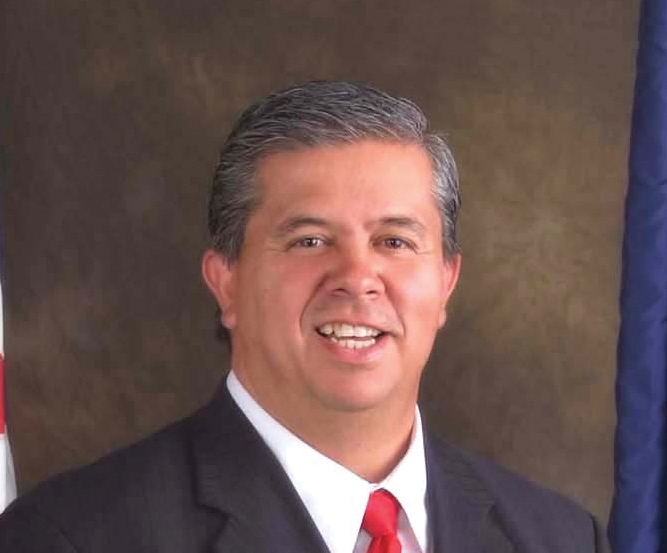Concerns over the collection of student data continued to be a theme at Monday morning’s House Education Committee meeting.

Rep. Pete Nielsen, R-Mountain Home, said constituents of his are worried that they will not be able to “opt-out” of having their child’s data collected as Idaho moves to the Smarter Balanced Assessment Consortium tests.
Superintendent of Public Instruction Tom Luna said parents cannot opt out because State Department of Education leaders want all students to take the tests once they become tied to accountability next school year.
Throughout the year, parents and residents have expressed similar concerns about student data.
So what kinds of information will be collected from students as Idaho transitions to the next generation of assessments? Luna and Chief of Staff Luci Willits provided the answers to lawmakers on Monday.
Data collection, Willits testified, is specifically limited to:
- A student identification number.
- The student’s gender.
- The student’s race/ethnicity.
- The student’s grade level.
- The school the student attends.
- A student’s test scores, achievement levels and responses to test questions and items.
- Data regarding eligibility of English language develop or special education services, if applicable.
- Data regarding eligibility for federal Title I compensatory courses.

In response to Nielsen’s questions, Luna said the state isn’t collecting new data under Common Core and the SBAC.
“We will not collect any more data when we give this assessment than we did the last ten years with the ISAT,” Luna said. “Taking this assessment is not something a student could opt out of before and not something they can opt out of today.”
Once the information is collected, it is shared with the vendor the state selects to administer the SBAC, ISAT or SAT – not the federal government.
Additionally, the state is not collecting or sharing student’s private biometric data – such as retinal scans – Luna emphasized.
In an additional effort to safeguard student data, Senate Education Committee Chairman John Goedde, R-Coeur d’Alene, introduced a bill that is intended to protect students information and create fines that would be levied if any student data is illegally shared.
Most Idaho students will complete a practice “field test” version of the SBAC at the end of this school year so that students and teaches will have experience with the new assessments before they count next year. Districts will have the flexibility to choose whether to test ninth and 10th graders this year.
“I’m convinced that once we do the field test, many questions being asked today about the SBAC… how long it takes, technology gaps, the effectiveness of the test… once we get passed the field test, many of those questions will be answered,” Luna said. “If we don’t do the field test, we will never get the answer to those questions.”
